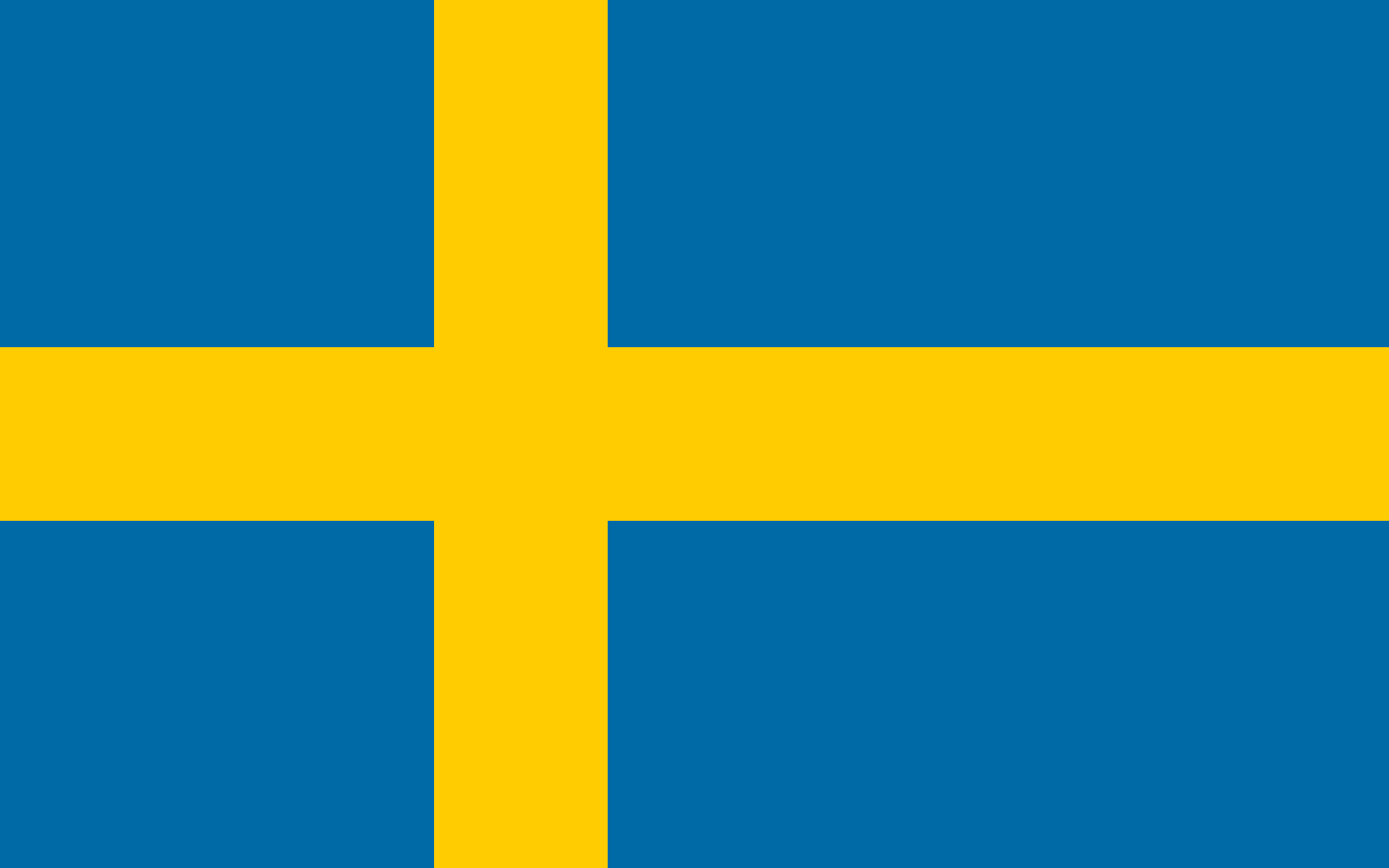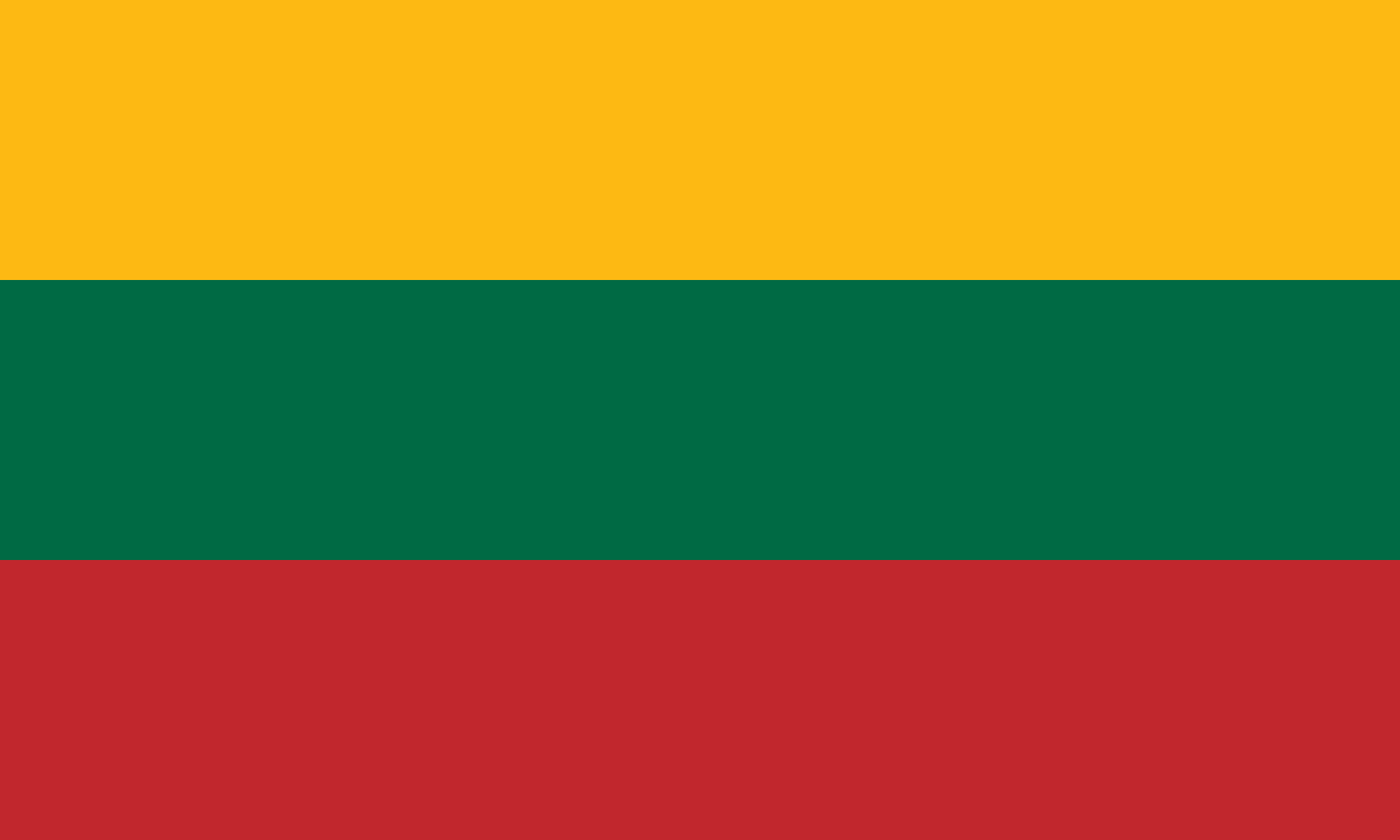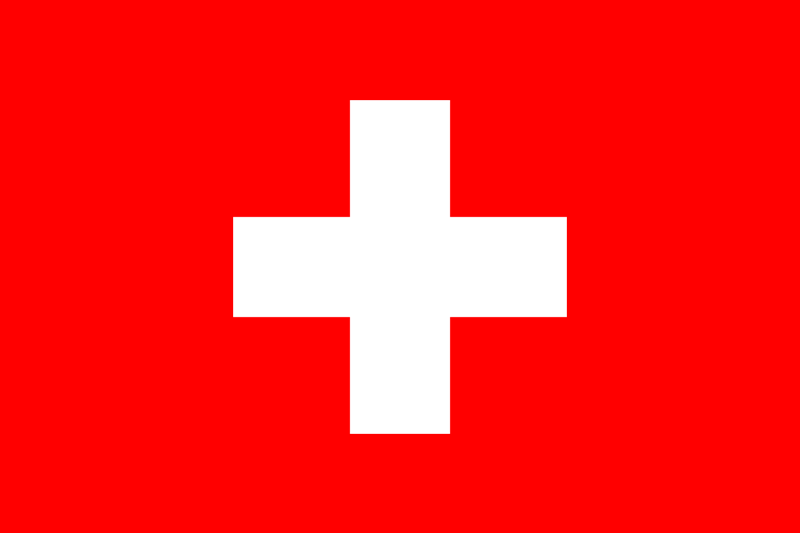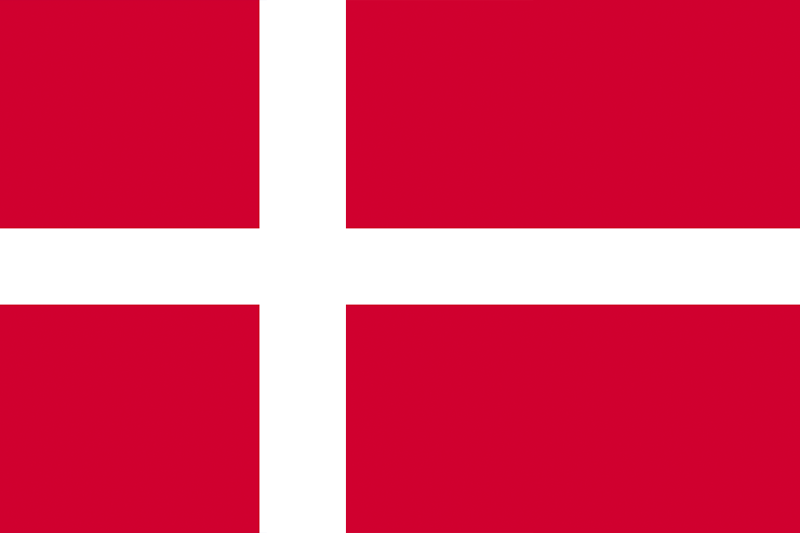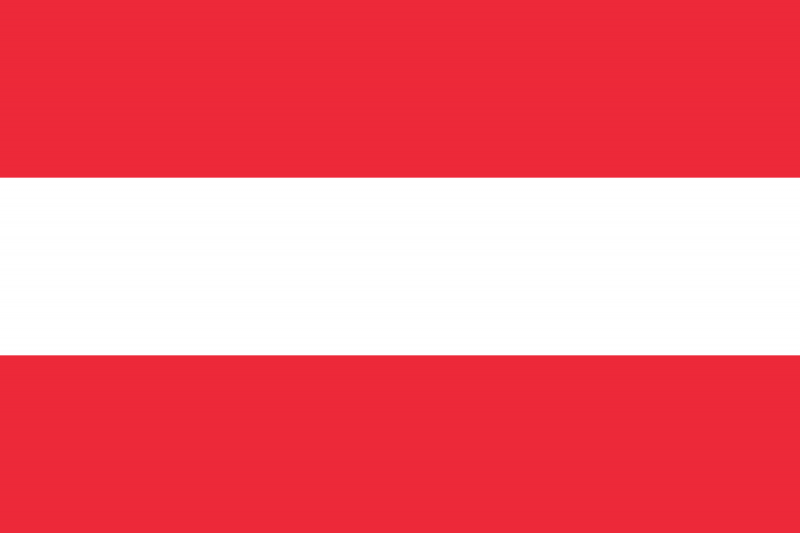 Hongrie
HongrieJobbik's right-wing radicalism and populist moves of mainstream parties in Hungary
Within the partnership with the Association of the European Affairs Master at Sciences Po (AMAE)
Hungary’s domestic political life has made several headlines in the last years, especially concerning the far-right party “Jobbik – the Movement for a Better Hungary” (known as “Jobbik”), which has seen a significant increase of its election results from its first candidacy in 2006, when the party did not succeed in obtaining mandates in the Hungarian Parliament[1], to the general elections of 2010 and 2014, when the party gained 16.67% and 20.22% of the popular vote. The party’s leader, Gábor Vona, as well as other prominent members of the party have made several statements and comments that underline the far-right nature of the party – what are the distinguishing features of Jobbik’s ideology? How does the party see the Hungarian society, whom does it discriminate against and what tools does it use? Those are questions that will be scrutinised in the article.
Another dimension of politics examined in this article will be populism, which will be analysed through statements and policies of the governing Fidesz party as well as certain elements of the previous social-liberal governments’ acts that have created the conditions under which Fidesz could gain a two-thirds majority in the Hungarian Parliament. This article focuses strictly on the parties’ attitudes towards minorities, therefore the acting government’s broader policies and its communication on other issues will not be included. The article will primarily focus on Jobbik as it is the only far-right party in the Hungarian Parliament with radical stances on minorities, whereas populism, as the article will show, is something that can be found – to varying degrees – in all major parties across the political spectrum.
A brief summary of Jobbik’s ideology
Jobbik was founded in 2003 primarily by “conservative university students”[2], it describes itself as a “a principled, conservative and radically patriotic Christian party”[3] furthermore it considers “the protection, replenishment and expansion of the national resources […] These include the physical and mental condition of the nation, patriotic togetherness and solidarity”[4]. In 2007 Jobbik founded the “Magyar Gárda Kulturális Egyesület” (Cultural Association of the Hungarian Guard), a “quasi-military organisation”[5] which organised several marches in Roma-populated areas on the Hungarian countryside[6]. The Magyar Gárda was dissolved by judicial decision in 2008 with the justification that “its [Magyar Gárda’s] operations violated the rights and freedoms of others”[7]. Jobbik became independent from MIÉP in 2008[8] and participated at the European Parliamentary Elections of 2009 where it obtained 15% of the votes[9].
Jobbik’s stances can be fit into Cas Muddle’s description of far-right parties as its ideology is characterised by “nativism (i.e. a radical and exclusionary version of nationalism), authoritarianism (i.e. the belief in a strictly ordered society), and populism (i.e. a view that considers society to be divided into two homogeneous and antagonistic camps – ‘the pure people’ vs. ‘the corrupt elite’ […])”[10], as it will be demonstrated in the following sections of the article. The party targets several different kinds of minorities, in the following sections the party’s politics and communication concerning the Jewish, Roma and homosexual minorities will be scrutinised through the analysis of Jobbik’s statements and political programmes.
“Holocaust-industry” and listing of Israeli-Hungarian MPs – Jobbik’s anti-Semitism
Hungary is home to the largest Jewish community in East-Central Europe[11], which suffered under the unimaginable horror of the fascist Arrow Cross Party’s regime during the second World War. Nowadays Jewish public life has seen a revival in Hungary, however anti-Semitism is still present in politics due to Jobbik’s repeated verbal attacks on the country’s Jewish population. There has been a number of cases which underline the party’s antisemitism: In November 2011, Jobbik issued a declaration attacking Israeli-Hungarian dual citizens in the Hungarian Parliament, entitled “No Israelis in the Hungarian Parliament!”[12], saying that citizens holding both nationalities were “meaning a national security risk for our country”[13].
The party has repeatedly showcased its anti-Semitism through comments concerning the Holocaust. In the case of the Oscar-winning Hungarian film “Son of Saul”, Elod Novak, vice-president of the party declared on Facebook concerning the production of the film in August 2013 that “Jobbik would put an end to the holocaust-industry [sic] also in the field of filmmaking”[14]. Novak called the fact that the state was financially supporting the film’s production “inacceptable”[15]. The party also called the funding of the film “Hajnali laz” (“Fever at Dawn”), which tells the true story of two Holocaust-survivors falling in love, by the Hungarian National Film Fund (Magyar Nemzeti Filmalap) “outrageous”[16]. The party criticized that the government is not funding films that would “help the Hungarian youth to strengthen their identity”[17] – an „identity” as defined and desired by Jobbik.
« Jobbik issued a declaration […] entitled “No Israelis in the Hungarian Parliament!”, saying that citizens holding both nationalities were “meaning a national security risk for our country »
In contrast to the party’s relation with Jewish minority, Jobbik’s seems to have a different disposition on Islam. The Hungarian Muslim minority is small compared to other communities in Europe, at the 2011 census, only 0,56% of the population declared affiliation with Islam[18]. The president of the party, Gabor Vona wrote in an article on Islam in 2010 saying “[…] there’s only one culture left which seeks to preserve its traditions: it is the Islamic world. […] I declare that today the mankind’s last remaining bastions of traditional culture- experiencing the transcendent in everyday life- is the Islamic world. I say this as a Roman Catholic man. […] If Islam fails […] There will be no foeman against the darkness of globalism.”[19]
“Gipsy crimes” – Jobbik’s anti-Roma stance
The Roma minority, which is the “most numerous minority of Hungary”[20], is another target of Jobbik’s discriminatory rhetoric. The “Magyar Gárda Kulturális Egyesület”, a “quasi-military organisation”[21] which was founded by the party in 2007 and has been banned in 2008, organised several marches in Roma-populated towns in the country, wearing black uniforms, thereby transmitting an obviously intimidating message[22]. One of the major terms around which Jobbik has built its anti-Roma rhetoric is “Gipsy-crimes” which is employed to generalize crimes committed by members of the Roma and Sinti minorities, highlighting an ethnic dimension, consequently stigmatizing these groups.
The term has been increasingly used after the tragic and highly mediatised events of Olaszliszka[23] in 2006 and the murder of the popular Hungarian sportsman Marian Cozma by people belonging to the Roma minority in 2009. During the same period, other tragic killings occurred, where the victims were primarily Roma[24]. These killings received a large attention from the media, putting the issue of Roma high on the agenda. However, at the same time, the media did not promote Jobbik’s views concerning the issue of the Roma minority, and the assassination of Roma “turned the public mood against radicals”[25]. Notwithstanding the mainstream media’s resistance to Jobbik’s interpretation of the events, the Jobbik supporters’ “hostile attitude towards mainstream media and the radicals’ alternative communication channels (Internet, public rallies) also prevented them from accepting mainstream interpretations”[26]. As Robert Gould has also pointed out, “[in] political communication the importance of being able to build on existing topics and terms, but turning them to one’s one purpose, is axiomatic”[27].
The notion of “Gipsy-crime” was still used in their latest election program (2014)[28],[29], therefore we can say that this notion still constitutes one of the fundaments of Jobbik’s policies and communication, further upholding its discriminatory nature.
“Homosexual propaganda” – Jobbik’s discrimination of the LGBT minority
The party also discriminates against the LGBT minority – the Pride Festival has been repeatedly attacked verbally by members of Jobbik, accusing it of being anti-Hungarian and anti-Christian[30]. Jobbik predominantly uses the word “propaganda” in connection with the LGBT minority; Elod Novak, the vice-president of the party displayed a poster saying “The house doesn’t want your deviant propaganda” from the window of the House of Parliament during the Pride of 2014[31]. In 2015, Elod Novak that “Campaigns for the foundations of families are needed to counterbalance the homosexual propaganda”[32]. In 2012, the party even proposed a modification to the criminal code, stating that an adult who “promotes sexual relations with another person of the same sex (fornication) or any other sexual conduct disorder in front of a larger public, commits a felony and shall be punishable with imprisonment of up to three years”[33].
Fidesz (« Alliance of Young Democrats ») as a governing party with populist strategies
The party’s strategy before the 2010 election, at which Fidesz obtained two-thirds of the mandates at the Hungarian Parliament, and its policies since their government formation, have built upon certain populist strategies such as a strong « anti-elite » attitude[34], however, the party’s ascendance has to be analysed from a larger domestic political dimension. When a speech of former Socialist prime minister Ferenc Gyurcsány, declaring that « we [the Gyurcsány government] have lied mornings, nights, and evenings »[35] has been made public, it fundamentally shook people’s trust in the government, as a result, at the 2010 parliamentary elections, the MSZP (Hungarian Socialist Party) received only 19,30%[36] of the ballots and its coalition partner, SZDSZ (Alliance of Free Democrats) did not obtain any mandates in the Parliament.
This loss of confidence created a fruitful ground for Fidesz’s gain of power. Furthermore, the Socialist government was also characterised by certain populist moves, an example being the campaign leading up to the 2004 referendum on the possibility for native Hungarian minorities in the neighbouring countries to obtain the Hungarian nationality. During the campaign, the Socialists supported a « no » vote[37], saying that “all people moving to Hungary [above a 25.000 threshold] would raise the numbers of unemployment, and would oust the local workforce”[38].
« The wording of the National Consultation’s title, its questions and the campaign around it explicitly blurred the lines between refugees, migrants and terrorists, fostering a negative attitude towards migrants in general. »
Fidesz employed a rhetoric sharply directed against the socialist-liberal governing elite during its election campaign in 2010, which can be seen as a populist strategy. The most striking example of Fidesz’s populism was the campaign surrounding the « National Consultation on immigration and terrorism »[39] – during the campaign, the FIDESZ government set up large posters saying (in Hungarian) « If you come to Hungary you have to respect our culture » and « If you come to Hungary you have to respect our laws »[40]. The wording of the National Consultation’s title, its questions and the campaign around it explicitly blurred the lines between refugees, migrants and terrorists, fostering a negative attitude towards migrants in general.
The Fidesz’s stance on the LGBT minority: By stipulating in the country’s new constitution, adopted by the Fidesz majority and entered into force in 2012[41], that « marriage is an institution between a man and a woman »[42], the future possibility of adopting a law establishing same-sex marriage has been made more complicated. Furthermore, certain politicians of Fidesz have made certain discriminatory remarks concerning the Pride festival[43].
It is important to highlight the stark differences between populism and right-wing extremism in Hungary, as populist strategies have been employed – to a different extent – by all major parties across the political spectrum (Fidesz, MSZP), while Jobbik stays the only right-wing extremist force represented in the Hungarian Parliament.
Sources:
[1] At the Hungarian general elections parties have to gain at least 5% of the popular vote to obtain mandates in the Parliament, Jobbik gained only 2.2% of the ballots in 2006.
[2] See “Short Summary about Jobbik” on www.jobbik.com.
[3] Ibid.
[4] Ibid.
[5] Patzelt, Werner (2011): A Framework for Comparative Parliamentary Research in Central and Eastern Europe, in: Journal for East European and Asian Studies 2:1, p. 37.
[6] Világgazdaság Online (2011): Már készül a Magyar Gárda, a romák is, meg a rendorség, on: www.vg.hu.
[7] Helsinki.hu (2009): Jogellenes a Feloszlatoot Magyar Gárda Uniformisának viselése a helsinki bizottság és a neki álláspontja szerint, on: www.helsinki.hu.
[8] See “Short Summary about Jobbik” on www.jobbik.com.
[9] Patzelt, p. 37.
[10] Pirro, Andrea: Historical legacies and national political contexts have shaped today’s far-right in Eastern and Central Europe, on: www.eprints.lse.ac.uk.
[11] The community of Hungarian Jews is estimated to count 80.000-100.000 people. Source: European Jewish Congress.
[12] See “No Israelis in the Hungarian Parliament” on www.jobbik.com.
[13] Ibid.
[14] “A Jobbik a filmgyártás terén is véget vetne a holokausztiparnak”, on Facebook.
[15] See Novák Elod’s post on Facebook.
[16] See “Vérlázító a Hajnali láz támogatása” on www.jobbik.hu.
[17] Ibid.
[18] See http://www.ksh.hu/nepszamlalas/tablak_vallas.
[19] See “Vona Gábor about the Islam”, on www.jobbik.com.
[20] Patzelt.
[21] Ibid.
[22] Világgazdaság Online (2011): Már készül a Magyar Gárda, a romák is, meg a rendorség, on: www.vg.hu.
[23] “a Hungarian teacher had hit a child of Roma origin by car, after which the angry Roma-crowd brutally killed him out of revenge”, see Patzelt.
[24] E.g. the tragic killing of a Roma father and daughter by non-Roma Hungarians in Tatárszentgyörgy, see Patzelt.
[25] Ibid.
[26] Ibid.
[27] Golubeva, Marija et al. (2010): The Uncertain Fate of Integration Policies in Europe, p. 49.
[28] Jobbik (2014): Kimondjuk. Megoldjuk, on: www.jobbik.hu.
[29] See the picture on www.jobbik.hu.
[30] See “Magyar – és keresztényellenesség hajtja a Pride-ot” on www.jobbik.hu.
[31] Válasz.hu (2014): Így akciózott a Jobbik a Pride-on, on www.valasz.hu.
[32] Ibid.
[33] See the following document on the parlament’s website: http://www.parlament.hu/irom39/06721/06721.pdf.
[34] Máté Szabo (2011): From a suppressed anti-communist dissident movement to a governing party: the transformations of FIDESZ in Hungary, on: www.cjssp.uni-corvinus.hu.
[35] Nol.hu: A teljes balatonőszödi szöveg, on: www.nol.hu.
[36] See “Hungary” on the european election database, on: www.nsd.uib.no.
[37] See the following document, on: https://web.archive.org/web/20050128131342/http://www.mszp.hu/download/kampany/nepszavazas041205/felelos.pdf.
[38] Ibid.
[39] See “National consultation on immigration to begin” on www.kormany.hu.
[40] Schultz, Antal (2015): A sodaandscotch Tumblr-oldal a Dagály fürdőnél fényképezett le egyet, on: www.vs.hu.
[41] Sedelmeier Ulrich (2014): Anchoring Democracy from Above?, in: Journal of Common Market Studies 52:1, pp. 105-121.
[42] See http://net.jogtar.hu/jr/gen/hjegy_doc.cgi?docid=A1100425.ATV.
[43] See the video “Cpont – Pride a Nagybani piacon” on: www.youtube.com.







